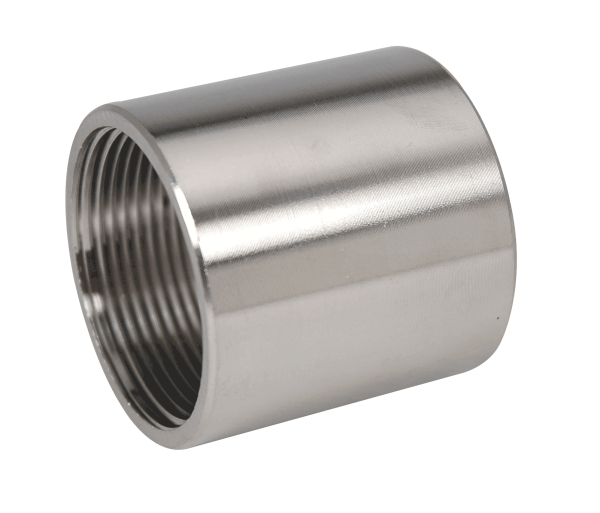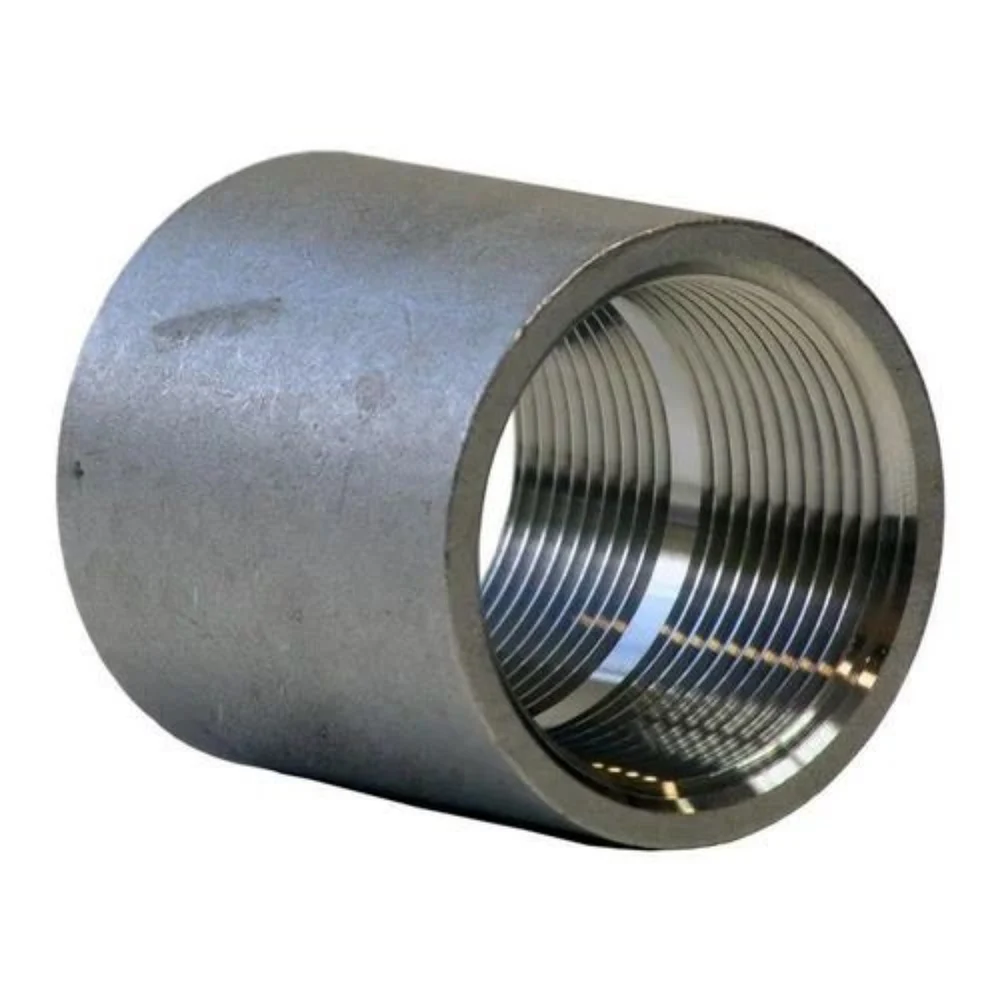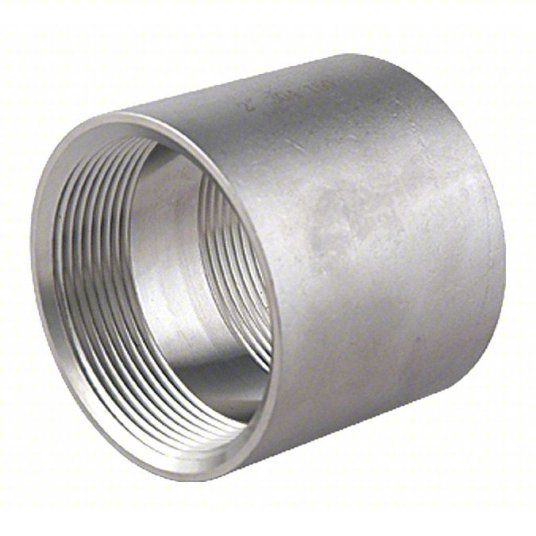Product Description
Product Description
CNC Machining Milling Turning Aluminum Stainless Steel Low Force Link Slimline Strain Sensor Connect Body Liner Stage Liner Stage Thread Adaptor Beam Coupling
Product Parameters
| Processing | CNC Machining, CNC Milling and Turning, Drilling, Grinding, Stamping, Tapping, Bending |
| Surface Finishing | Electroplating, Anodizing, Polishing, Chrome Plating, Zinc plating, Nickel plating, Electrophoresis, Sandblasting, Passivation, Powder Coating, Painting, etc. |
| Certification standards | ISO9001:2015 IAFT16949:2016 |
| Service type | OEM and ODM |
| Tolerance | +/-0.005mm |
| Surface Roughness | Ra0.8 |
| Dimensions | According to Customer’s Drawing |
| Processing Equipments | CNC Machining Center, CNC Milling Machine, CNC Turning Machine, CNC Gantry, Vertical CNC center, Horizantal CNC center, Drilling Machine,Grinding Machine, etc. |
| Testing Equipments | CMM,Laser Precision Detection Projector, Pull Tester, Automatic Optical Inspector, Salt Spray Tester, Durometer, Tensile Machine Calipers |
| Application | Automotive industry, Medical DeviceS, UAV Industry, Communication Electronics Appliance, Robot, Mold Components Processed and Fixrure, 0il, Gas and Other Heavy Equipments. |
| Drawing Format | PDF/JPEG/AI/PSD/CAD/Dwg/Step/LGS |
| MOQ | 1 piece |
| QC Policy | 100% inspection with report, random inspection before shipment, third-party inspections can be provided CHINAMFG request |
| Packaging | PE bags or bubble bags, boxes, cartons, pallet or as per customers’ requirements |
| Trade Terms | EXW, FOB, CIF, As per customers’ request |
| Payment Terms | L/C, T/T, D/P, Western Union, Paypal, Money Gram, etc. |
| Delivery Time | 7-14 working days after deposit payment received for samples,official orders negotiable |
| Production Capacity | 1000000pcs/Months |
Company Profile
Production Line
Equipments List
Certifications
FAQ
1: Are You a Manufacturer?
Yes, we specialize in manufacturing of CNC machining parts over 20 years.
2. When Can I Get the Price?
Quotation will be provid within 24 hours after inquiry is received with full product information and drawing.
3: How Long is Your Delivery Time?
It’s depends on the products requirements ang quantity. Normally the mass order lead time is around 14-20days.
4: How Can You Asure the Quality?
100% inspection and we could provide full inspection reports as customer requests before shipment.
5: Do You Provide Samples ?
Yes, we can provide samples, please provide full product information and drawing.
6: Why Choose Us?
We have advanced technology and equipment, world-class team for techincal and aftersales service. We provide high quality product ,competitive price with fast lead time
/* January 22, 2571 19:08:37 */!function(){function s(e,r){var a,o={};try{e&&e.split(“,”).forEach(function(e,t){e&&(a=e.match(/(.*?):(.*)$/))&&1

How Does the Grade of Stainless Steel Used in Couplings Impact Their Performance?
The grade of stainless steel used in couplings has a significant impact on their performance and suitability for specific applications. Stainless steel is an alloy that contains varying amounts of elements like chromium, nickel, and molybdenum, which give it different properties. The most common grades of stainless steel used in couplings are:
- Austenitic Stainless Steel (e.g., 304, 316): Austenitic stainless steel is the most widely used grade in couplings due to its excellent corrosion resistance, high ductility, and non-magnetic properties. Grade 304 is commonly used in general-purpose applications, while grade 316 offers higher corrosion resistance, making it suitable for more aggressive environments like marine or chemical industries.
- Ferritic Stainless Steel (e.g., 430, 446): Ferritic stainless steel has lower corrosion resistance compared to austenitic grades but offers better resistance to stress corrosion cracking. It is used in certain coupling applications where moderate corrosion resistance is sufficient.
- Martensitic Stainless Steel (e.g., 410, 420): Martensitic stainless steel is known for its hardness and strength. It is used in couplings that require higher mechanical properties, but it may have reduced corrosion resistance compared to austenitic grades.
- Duplex Stainless Steel (e.g., 2205, 2507): Duplex stainless steel combines the properties of austenitic and ferritic grades, offering high strength and better resistance to stress corrosion cracking and pitting. It finds applications in critical coupling systems where both strength and corrosion resistance are essential.
The choice of stainless steel grade depends on the specific requirements of the coupling application. Factors such as environmental conditions, exposure to corrosive substances, temperature, and mechanical stresses must be considered when selecting the appropriate grade. For example, couplings used in marine environments may require a high-grade austenitic stainless steel like 316 to withstand saltwater corrosion, while couplings in food processing may use grade 304 for its hygienic properties and general corrosion resistance.
In summary, the grade of stainless steel used in couplings directly influences their performance in terms of corrosion resistance, strength, ductility, and suitability for various applications. Proper selection of the stainless steel grade ensures that the couplings deliver reliable and long-lasting performance in their intended operating conditions.

Stainless Steel Couplings in High-Temperature Applications
Stainless steel couplings are well-suited for high-temperature applications due to their excellent thermal stability and resistance to oxidation. The structural integrity of stainless steel couplings remains largely unaffected within certain temperature ranges, making them suitable for use in various industrial processes that involve elevated temperatures.
The performance of stainless steel couplings in high-temperature conditions is primarily attributed to the unique properties of stainless steel alloys. Stainless steel contains chromium, which forms a protective oxide layer on the surface when exposed to oxygen. This passive oxide layer, also known as chromium oxide, acts as a barrier against further oxidation and corrosion, enhancing the material’s resistance to heat and scaling.
The temperature limits for stainless steel couplings depend on the specific grade of stainless steel used. Common stainless steel grades like 304 and 316 have different temperature thresholds, but they can typically withstand temperatures ranging from 600°C to 925°C (1112°F to 1700°F) without significant loss of structural integrity.
For extreme high-temperature applications, specialized stainless steel alloys with higher nickel and chromium content, such as Inconel or Hastelloy, may be used. These alloys can withstand even higher temperatures, often exceeding 1000°C (1832°F) while maintaining their mechanical properties.
However, it’s essential to consider other factors such as thermal expansion and mechanical loads when using stainless steel couplings in high-temperature applications. High temperatures can cause thermal expansion and contraction, leading to misalignment or additional stress on the coupling. Engineers and designers should carefully account for these factors to ensure proper functioning and longevity of the coupling in such environments.
In summary, stainless steel couplings can be used in high-temperature applications without significant loss of structural integrity, provided the operating temperatures fall within the limits of the specific stainless steel grade used. Proper consideration of thermal expansion and other mechanical factors is crucial to ensuring the coupling’s optimal performance and reliability.

Types of Stainless Steel Couplings
Stainless steel couplings come in various designs and configurations to suit different application requirements. Some common types of stainless steel couplings available in the market include:
1. Clamp-Type Couplings:
These couplings consist of two hubs with screws or clamps that tighten around the shafts to create a secure connection. Clamp-type couplings are easy to install and provide good torque transmission while accommodating shaft misalignments.
2. Oldham Couplings:
Oldham couplings have a unique three-piece design with two hubs connected by a center disk. The disk is made of a different material like acetal or nylon and allows for zero-backlash operation and misalignment compensation.
3. Jaw Couplings:
Jaw couplings are made of two hubs with elastomeric inserts, known as spider elements, that provide shock absorption and misalignment compensation. They are commonly used in pumps, compressors, and other machinery.
4. Disc Couplings:
Disc couplings consist of multiple thin stainless steel discs stacked together with spacer elements. They offer high torsional stiffness and are suitable for applications requiring high torque transmission and precision.
5. Bellows Couplings:
Bellows couplings use thin-walled stainless steel bellows to compensate for misalignments while maintaining a hermetic seal. They are commonly used in vacuum systems and applications requiring precision motion control.
6. Grid Couplings:
Grid couplings feature a flexible grid element between two hubs, providing excellent shock absorption and misalignment compensation. They are commonly used in heavy-duty applications.
7. Multi-Beam Couplings:
Multi-beam couplings have multiple beams that offer flexibility and compensate for misalignments while maintaining torsional stiffness. They are suitable for precise motion control applications.
Each type of stainless steel coupling has its unique advantages and is designed to meet specific performance criteria. When selecting a stainless steel coupling for a particular application, it is essential to consider factors like torque requirements, misalignment compensation, and environmental conditions to ensure optimal performance and longevity.
“`

editor by CX 2024-04-13
